Skip to content
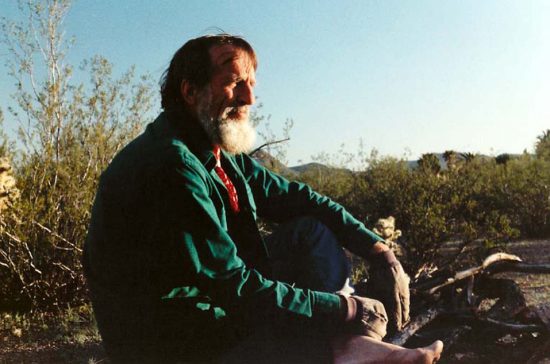
In the second decade of the 21st Century, Abbey Lives.
He lives in his books. He lives on YouTube and on Facebook. His fans adore him, or who they think he is. But is this the world and the West that he cherished and loved? Is the New West compatible with his vision of wilderness and wide open spaces?
In Desert Solitaire, Abbey offered a unique reason for establishing wilderness. “We may need wilderness someday,” he proposed, “not only as a refuge from excessive industrialism but also as a refuge from authoritarian government, from political oppression. He warned that “technology adds a new dimension to the process,” and believed (then) that the wilderness would provide escape from those kinds of Big Brother controls. For Abbey, wilderness was meant to be the one vast “blank spot on the map,” as Aldo Leopold longed for.
He also wrote, “A man could be a lover and defender of the wilderness without ever in his lifetime leaving the boundaries of asphalt, powerlines, and right-angled surfaces. We need wilderness whether or not we ever set foot in it. We need a refuge even though we may never need to set foot in it.”
In 2018, he would not recognize the wilderness he sought to protect (though in his journals, in 1987, he had already complained, “Too many tourists in the backcountry now.”)
Environmental groups, once dedicated to saving the wilderness that Abbey envisioned, now look at wilderness as a commodity to be marketed. What is the economic value of wilderness? Environmentalists promote the notion of a swarming tourist economy. They’ve taken a favorite Abbey line: “The idea of wilderness needs no defense; it needs more defenders,” and turned it into a Chamber of Commerce promo….the more money that can be made from the product, the greater the chance, in their estimation, of passing wilderness legislation. Nevermind what gets destroyed in the process.
Even grassroots groups, who once worked for the protection of the land and the satisfaction that they were honest participants in “the good fight,” now parse their battle cries and make a $100K a year. Their boards of directors are filled with wealthy fat cat industrialists that would have had Abbey deported if they could have found a way. Together, they support a massive recreation/amenities economy that brings millions of tourists to the once remote rural West and with it, untold quantities of money and environmental devastation.
Adrenaline junkies from the far corners of the planet descend on the canyon country to string slacklines, and rock climb and ride bikes off cliffs and BASE jump and ‘do’ the river..
Abbey used to talk about “a loveliness and quiet exultation.” Nowadays exultation makes a lot of noise.
When Abbey talked about seeking wilderness, he admonished us, “to walk, better yet crawl, on hands and knees, over the sandstone and through the thornbush and cactus. When traces of blood begin to mark your trail you’ll see something, maybe.” When he talked about riding bicycles, he imagined them as a replacement for cars, not feet. He did not envision luxury “adventure tours” and hand-held guided hikes to “remote locations,” barely a mile from their cars.
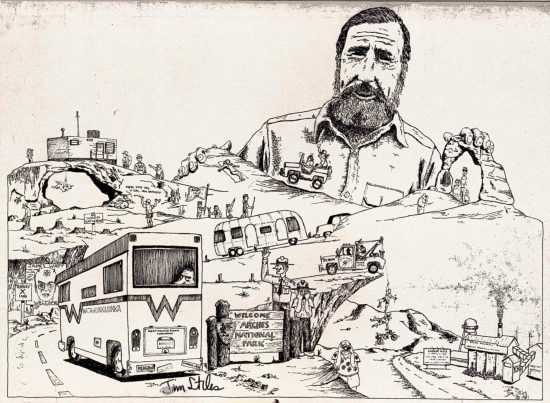
Abbey wrote, “We don’t go into the wilderness to exhibit our skills at gourmet cooking. We go into the wilderness to get away from the kind of people who think gourmet cooking is important.”
And he didn’t envision a wilderness experience that included cell phones, smart phones, GPS units, or daily uploads to Facebook (“Here’s what our sunset looked like tonight! Here in the WILDERNESS!” —–126 ‘LIKES’)
Yet, many of these recreationists convince themselves they are the latter day disciples of a man they know practically nothing about, or bother to know.
About a year ago, an essay appeared in High Country News called, “What Would Edward Abbey Do?” The author and a group of friends had come across a huge boulder, perched on the rim of a mountain valley. Michael Branch felt an urge to knock the rock from its resting place and send it flying from its rim-side perch to the tranquil scene below. It was an absurd notion and the damage it would cause was incalculable. But one member of the group spoke up.
“Whenever I am uncertain,” replied Francois in a thick French accent so utterly authentic that it sounded hilariously fake, “I abide by this principle: WWEAD.” When he had finished pronouncing each letter with meticulous emphasis, the three of us looked at him quizzically. “What would Edward Abbey do?” he explained coolly.
What would Edward Abbey do? Based on that rhetorical question and, I guess, the vague recollection that Abbey claimed he rolled something into the Grand Canyon—an old tire—more than 50 years ago, the guys decided it was a good idea. Branch exclaimed, “I was Sisyphus unbound, and I had a Frenchman’s love of Cactus Ed to thank for it.”
I doubt Abbey would have felt comfortable being an accomplice from the grave, but he shouldn’t have felt responsible either for their vandalism. Clearly, they’d learned nothing at all from Cactus Ed.
What Abbey always hoped we’d take away from his writing and from his life was a sense of ourselves as individuals, as men and women who could take control of our own lives and our own destinies. Abbey spoke of a “nation of bleeting sheep and braying jackasses.” He longed for a people with dignity and courage and he loathed the mindless “bleeting” that he found even in his own readers.
He once said, “ If America could be, once again, a nation of self-reliant farmers, craftsmen, hunters, ranchers and artists, then the rich would have little power to dominate others. Neither to serve nor to rule. That was the American Dream.” Most New Westerners love Ed Abbey and have no idea what that means. They’ve read all his books and they follow and “LIKE” his quotes on Facebook, but they understand far less than they realize.
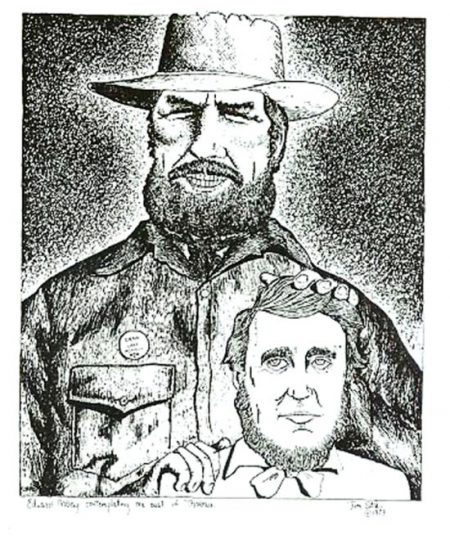
Recently, I saw a string of comments about Abbey on the Facebook page devoted to his life.
A debate broke out of sorts—another one of those tedious comment threads— as to whether Abbey would have liked the internet. One man was sure he’d have nothing to do with it; another wrote, “He would have found much to admire in the expression of democracy it affords.” That was a fair point.
What Ed would have loathed is the idea that his most loyal fans might spend their days in front of a laptop computer, week after week, clicking the “like” button each time one of his EA crowd-pleaser quotes got posted, when they could be outside, chopping down a billboard or taking a good long walk, or just watching a nice sunset.
Abbey may have hoped, when he left this world, that his time and effort here might make a small difference, might alter the future for the better in some way. But probably not. More than likely, he saw all this coming, just as he predicted so much that has already, sadly, come to pass.
But whether the world really does go to hell or not, or whether it’s already there, for godsake remember who Ed Abbey was. Who he REALLY was. And don’t just sit there, staring at your screen.
As Cactus Ed pleaded, “Throw a rock at something big and glassy..what have you got to lose?”
Jim Stiles is Founder and Co-Publisher of the Canyon Country Zephyr.
Posted in Uncategorized.



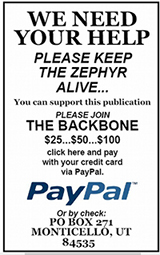

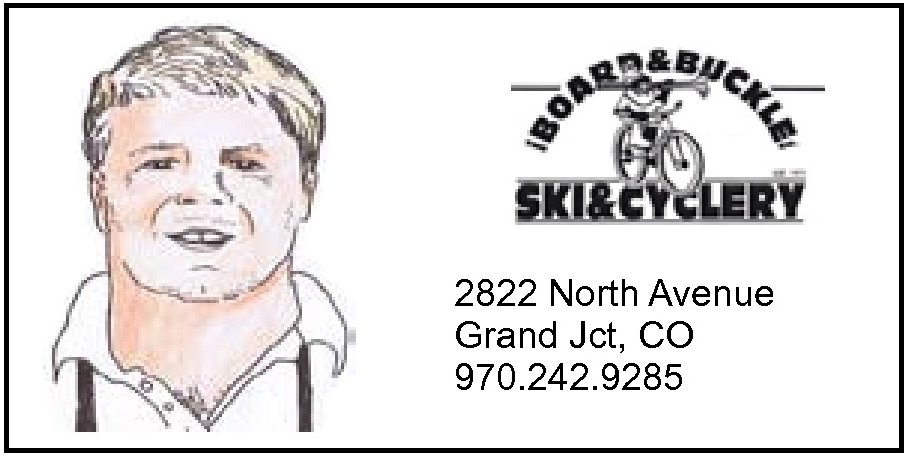

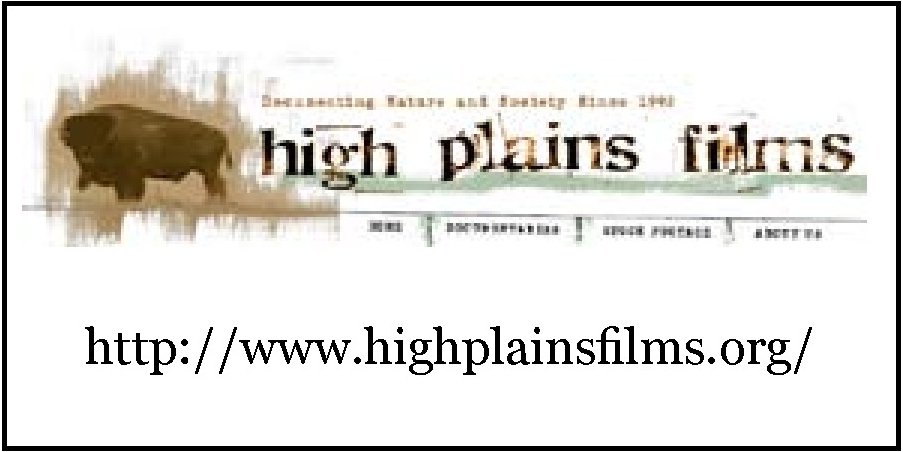
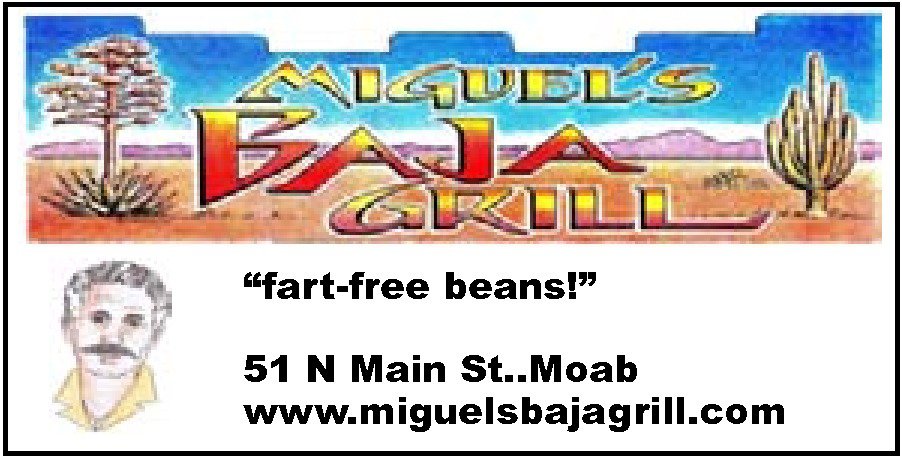
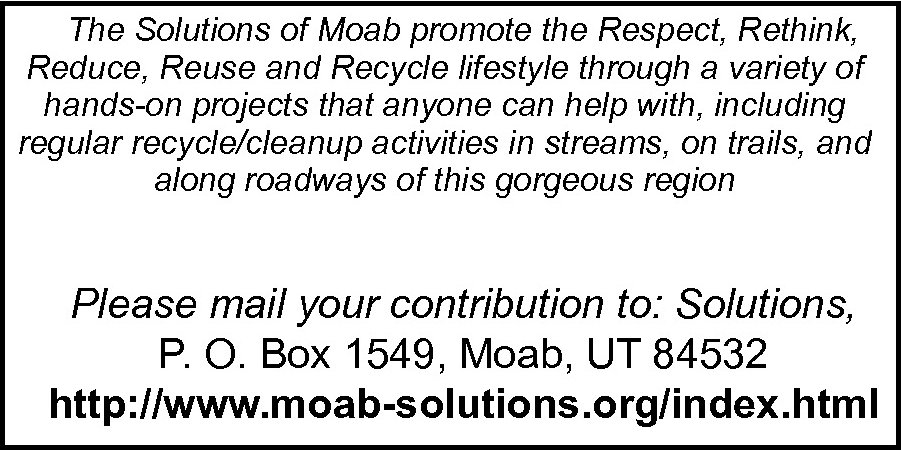
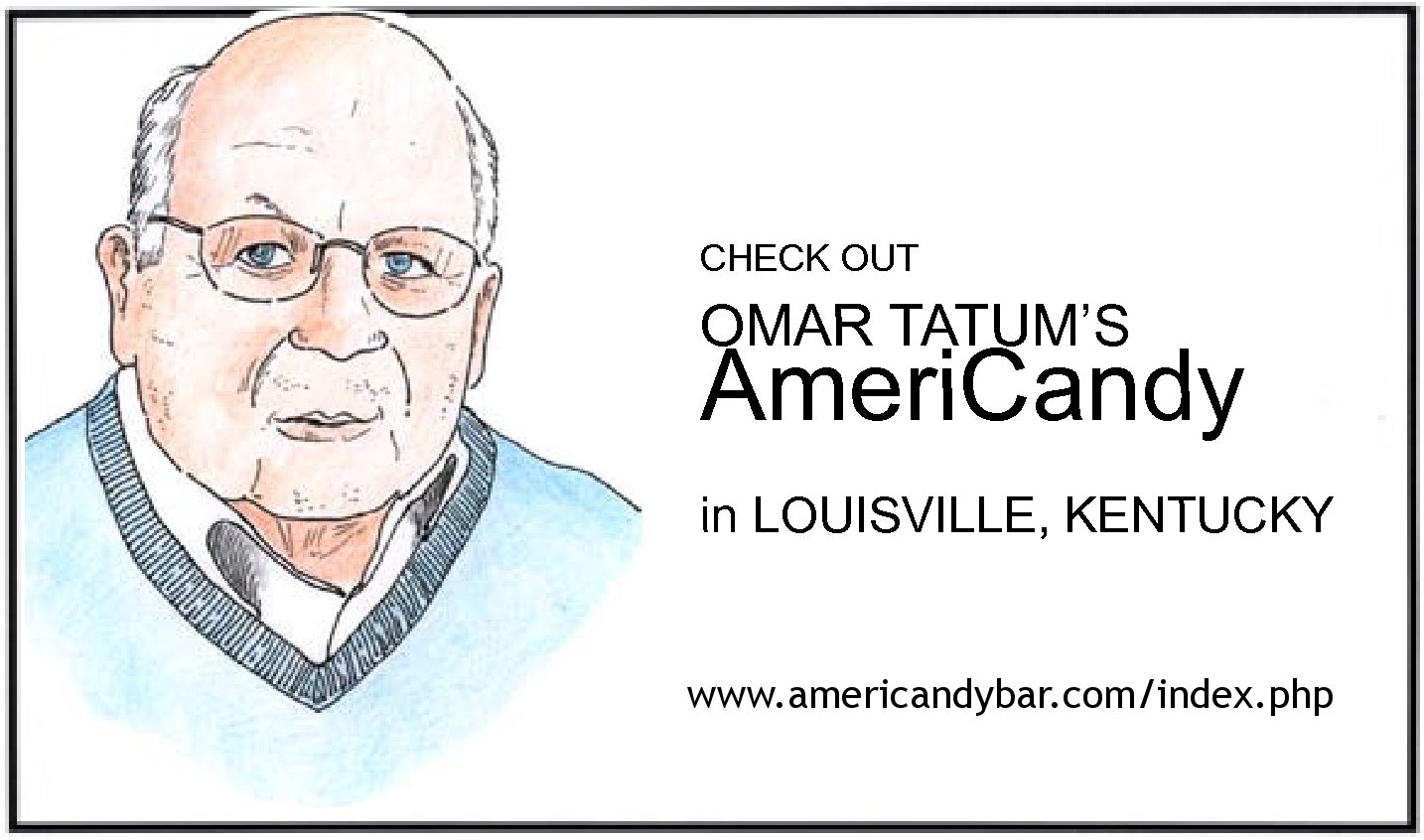

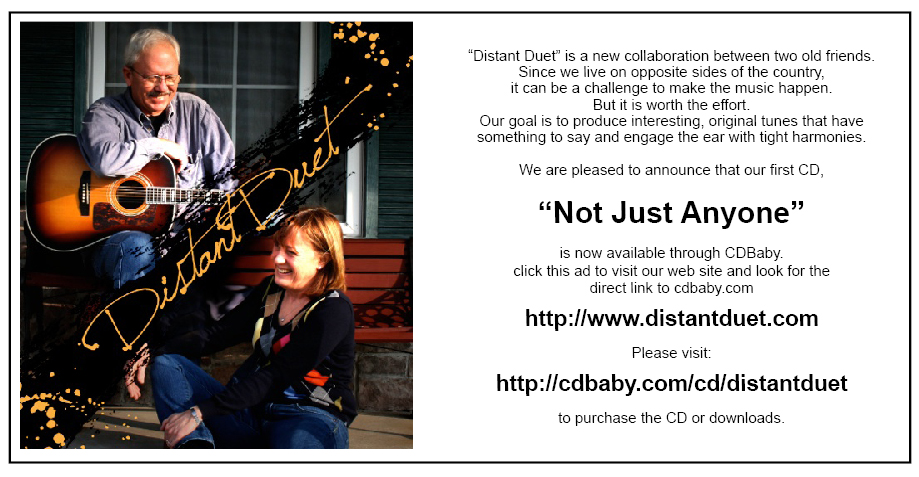
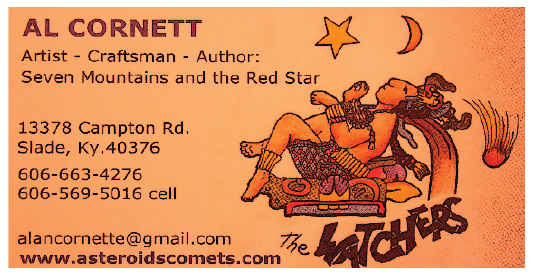

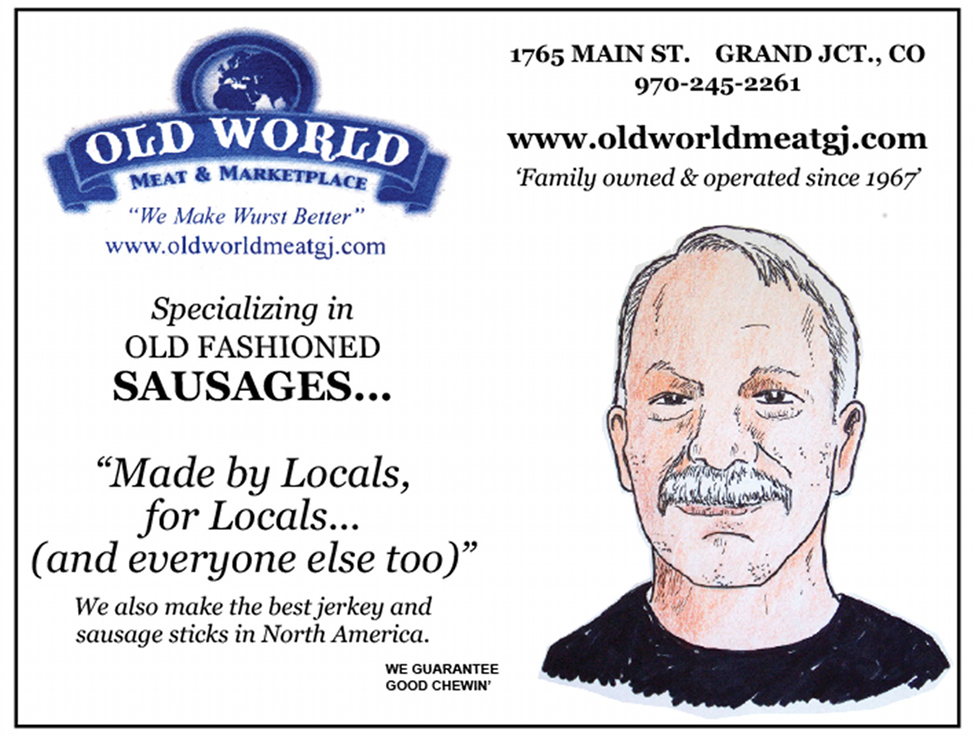
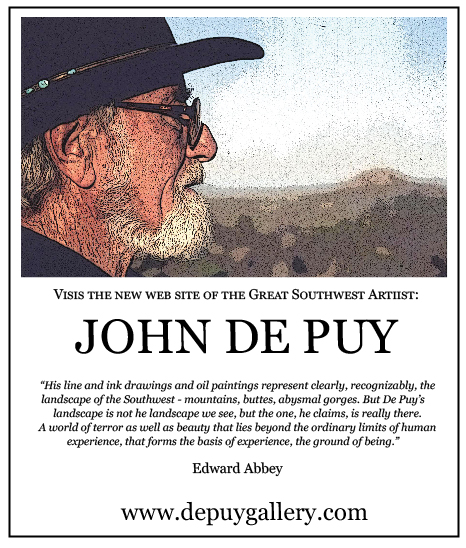

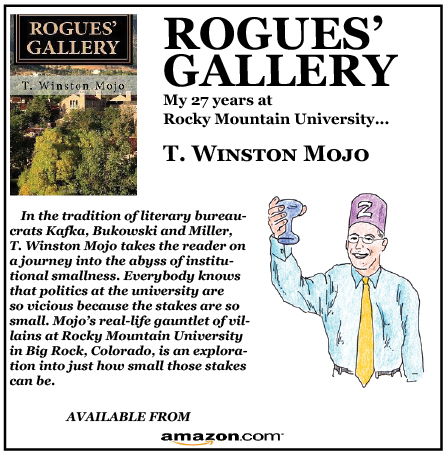
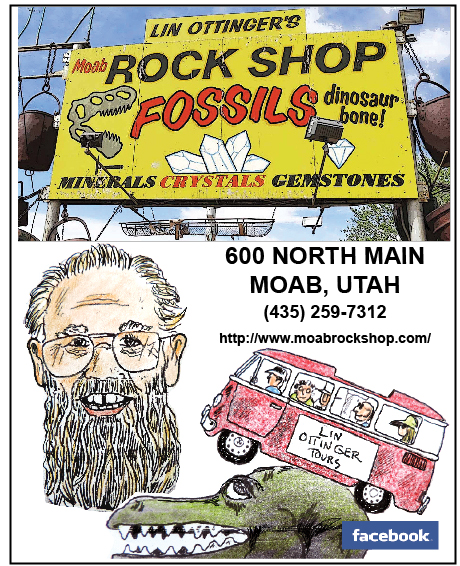
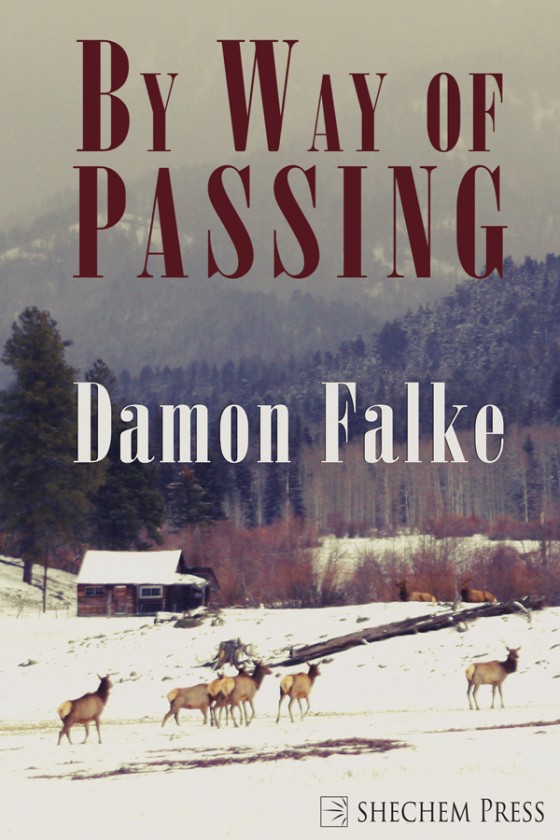
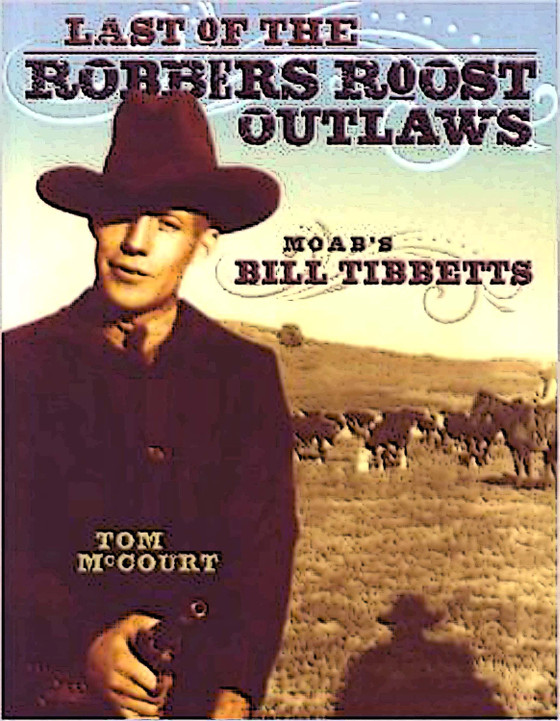
8 Responses
Stay in touch with the conversation, subscribe to the RSS feed for comments on this post.
Time to return to the wild places.
Abbey was an anarchist. A good man.
Human overpopulation is an infestation of the planet Earth. True wilderness will only return after Mother Nature has dealt with the infestation.
In Desert Solitaire, I marveled at how Abbey would simply take off walking, for miles and miles. If he got into a tough situation, as he did on a vertical trail, he would find some way to get out of it. He and the rattler under his trailer coexisted without mishap throughout the season.
During a hike up to Delicate Arch, I saw how visitors showed total disregard for wildlife or felt the need to share their iTunes playlist with everyone. The milling throng totally killed my experience with that beautiful place. There is nothing as wonderful as the silence of wilderness, where the only playlist is the throbbing of blood behind one’s ears.
When you talk about going back in time to ranchers and hunters, I object. The cattle are destroying the natural environment and hunters only hunt for a selfie with a dead wolf, cougar or coyote. There is no wilderness without pristine rivers, abundant grassland for elk and deer and wolves and other predators to keep disease in check. I would rather see a biker or backpacker than a hunter or rancher any day of the week. The North American Conservation Model is severely flawed, everyone seems to have their own agenda and no one is protecting the Natural Word.
On the other hand, if all EA fans were outside, there would be much less outside left.
We have too many people for Abbey’s ideas to flourish. We worry about straws, but do little to nothing to control population.
It makes me think about that old advice about never revealing your best fishing spot. Wilderness should be an individual pursuit where discovery is ones goal and preceding solitude is the reward. Shouting out to the world about a natural wonder can lead to it’s demise. Call a place Paradise and kiss it goodbye